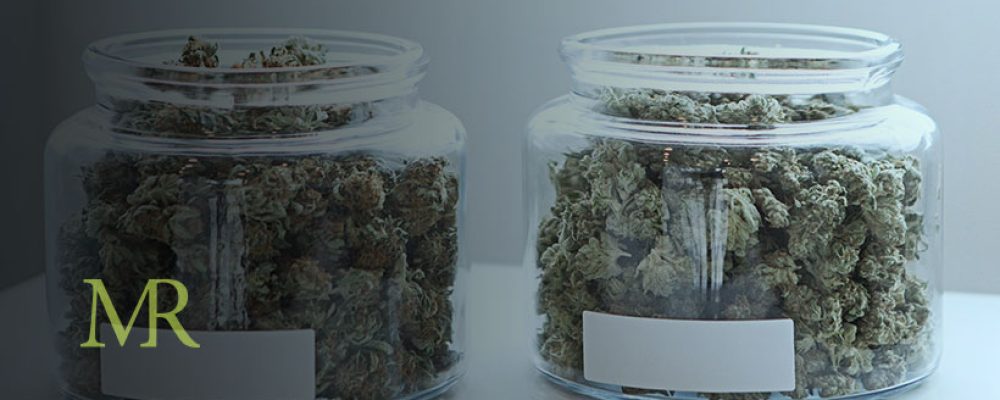Even when you’re trying to play by the rules, you might have to break them. In the world of legalized cannabis, where states gingerly follow the rules that, in reality, are illegal federally, it’s a chicken-and-egg situation. How do businesses get marijuana seeds or clones necessary to generate product? Do cannabis cultivators have a magic power that creates seeds or clones out of thin air? Of course not. It’s just playing the system, and it’s more common than you might think.
Unspoken truth
It’s common knowledge that states (where weed is legal) turn a blind eye to the methods cannabis farmers use to bring in new genetics, which typically means bringing in seeds or plants across state lines — a practice that is illegal no matter what state you’re in.
As some strains surge into popularity and others fade into obscurity, having a diverse group of marijuana genetics is good for business and helps to ensure a crop thrives even if pests or disease find their way into the mix. Growers just getting their foot in the marijuana front door can — and do — buy seeds from all over the planet and enter them into the requisite tracking system within a specific period (typically 90 days after a producer gets the all-important rec license).
Look away
Let’s face it. The plant material that generates taxes and revenue has to come from somewhere, and most of the time, the product in a just-legal state wasn’t obtained legally because that would technically be impossible. Most of the time, the initial sourcing of products — seeds and clones — in newly legal states would have to come from the black market. Otherwise, we’re talking a Mary + Joseph = Jesus loophole scenario.
So, while everything after that point is tracked from seed to sale, the shuffling done before that point is illegal but necessary to get off the ground.
Grey zone
It’s not only the recreational growers and producers that have had to use a little sleight of hand to get their businesses growing. Medical marijuana used the very same tactics. How else can you explain how Afghan Kush came to be in the Pacific Northwest? While some producers start in the medical market and then switch to rec once that side of the industry goes legal, no doubt obtaining those genetics was the result of illegal activity.
There’s no doubt that the marijuana industry is a vast grey area, and participants have to dance in the middle of it, striking a balance between strict state laws while at the same time flouting federal law. Until the feds climb on board and legalize cannabis officially across the country, states will continue to keep quiet and turn a blind eye to just how those genetics — and that lucrative tax-generating plant — came to be.


